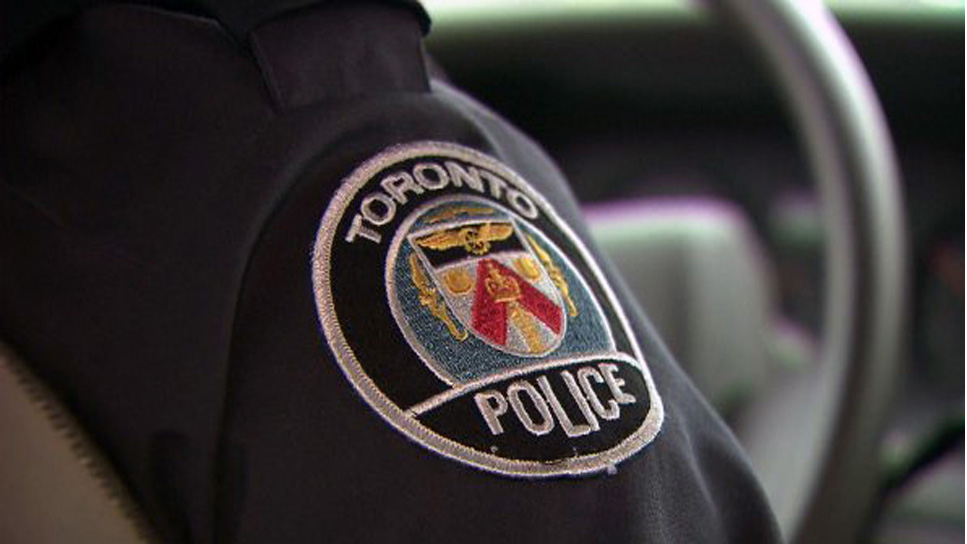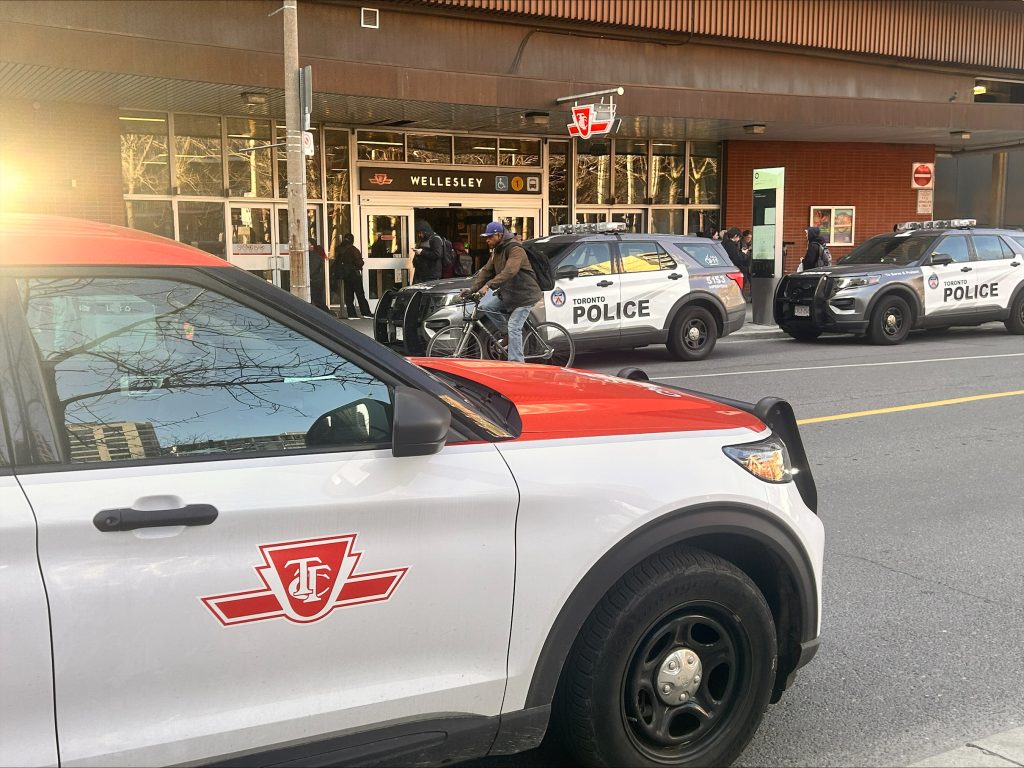Prosecution, defence give nod to Via jury after gruelling deliberations
Posted March 20, 2015 4:46 pm.
This article is more than 5 years old.
They may have battled in the courtroom, but both the prosecution and defence lawyers in the Via terror trial found common ground in their mutual admiration for the 12-member jury which deliberated for 10 gruelling days before reaching a verdict on Friday.
Raed Jaser and Chiheb Esseghaier were each found guilty of four terror-related charges. The jury was deadlocked on Jaser’s fifth charge of conspiracy to damage transportation property.
Both men will be sentenced on April 10 and could face life in prison.
John Norris represented Jaser, while Esseghaier refused to take part in the trial, saying he would be judged by the rules of the Qur’an.
“Our client and (his) family are disappointed with the ultimate outcome,” Norris said outside the courthouse. “But there can be no question that this jury was a credit to their community and the administration of justice.
“We want to give credit to the jury. They clearly struggled with reaching verdicts, and in today’s political climate that cannot be easy. The easy solution would be to take the evidence at face value and to say that these men are obviously guilty. And to their credit, they did not do that.
“The legal questions that they asked showed how clearly they were thinking about this.”
Crown prosecutor Croft Michaelson was equally impressed with the jury’s diligence and dedication to understanding the complexity of the case.
“It’s not easy for 12 people to be taken off the street and educated on complicated matters and asked to come back with a verdict,” he said. “So, I’m very grateful that we live in a great country like this, where 12 people will dedicate so much time and effort to cases of this nature.
“It was an overwhelming case — complex when you look at the law they had to apply, and obviously that is why it took them 10 days.”
Michaelson credited close co-operation with American authorities as key to the successful prosecution.
“We’re very grateful to our American brothers and friends for all the assistance they provided,” he said. “The undercover FBI agent was a critical witness … The case largely turned on his investigative efforts to successfully infiltrate this terror cell that was in our midst.”
Norris said an appeal isn’t out of the question.
“We will move forward with sentencing and, if so instructed, with an appeal.”
He also said Esseghaier’s defiance and lack of co-operation may have reflected poorly on his client.
“We were concerned about the impact his conduct might have had on Jaser,” he admitted. “We will reflect on it and decide whether it gives grounds to an appeal.”










